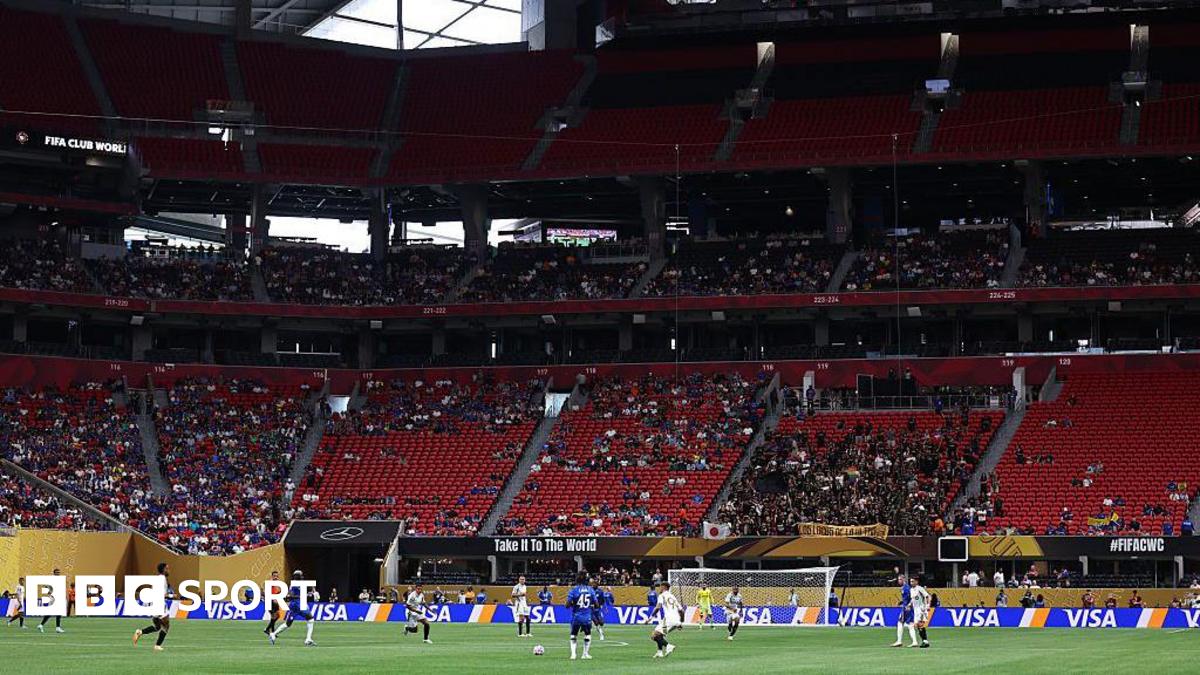The stringent licence revisions have caused backlash.
Blackburn Women withdrew from the WSL 2 after claiming the financial requirements "can no longer be sustained".
Third-tier club Wolves Women did not apply for a WSL 2 licence as owners were unwilling to move to a full-time model, as is required.
Barnsley Women, playing in the fourth tier, folded in June because of financial pressures, claiming "funding does not trickle down sufficiently".
Sources at WSL Football say it is working closely with National League clubs to raise minimum standards but the company is aware of short-term financial pressures.
There are also concerns WSL clubs will continue to build a bigger gap.
Chelsea's sale of their women's team to themselves - a move to navigate Profit and Sustainability Rules (PSR) - raised questions on whether more financial regulations should be put in place in the women's game.
The WSL currently has a "soft" salary cap, allowing clubs to spend up to 40% of their revenue on player salaries.
A stricter financial regulation has not been ruled out for the future but WSL Football is wary of stifling growth.
WSL Football chief executive Nikki Doucet says the "priority was to find a route that would benefit the whole women's game pyramid" and they hope these changes are the "next evolution" in professionalism.
She added: "We believe this will raise minimum standards, create distinction and incentivise investment across the board.
"The introduction of a promotion-relegation play-off creates distinction for the women's game and introduces a high-profile, high-stakes match."
WSL expansion is likely to be welcomed by clubs such as Birmingham City and Newcastle United, who have had an influx in investment recently.
Calls for the WSL to grow have existed for a number of years.













